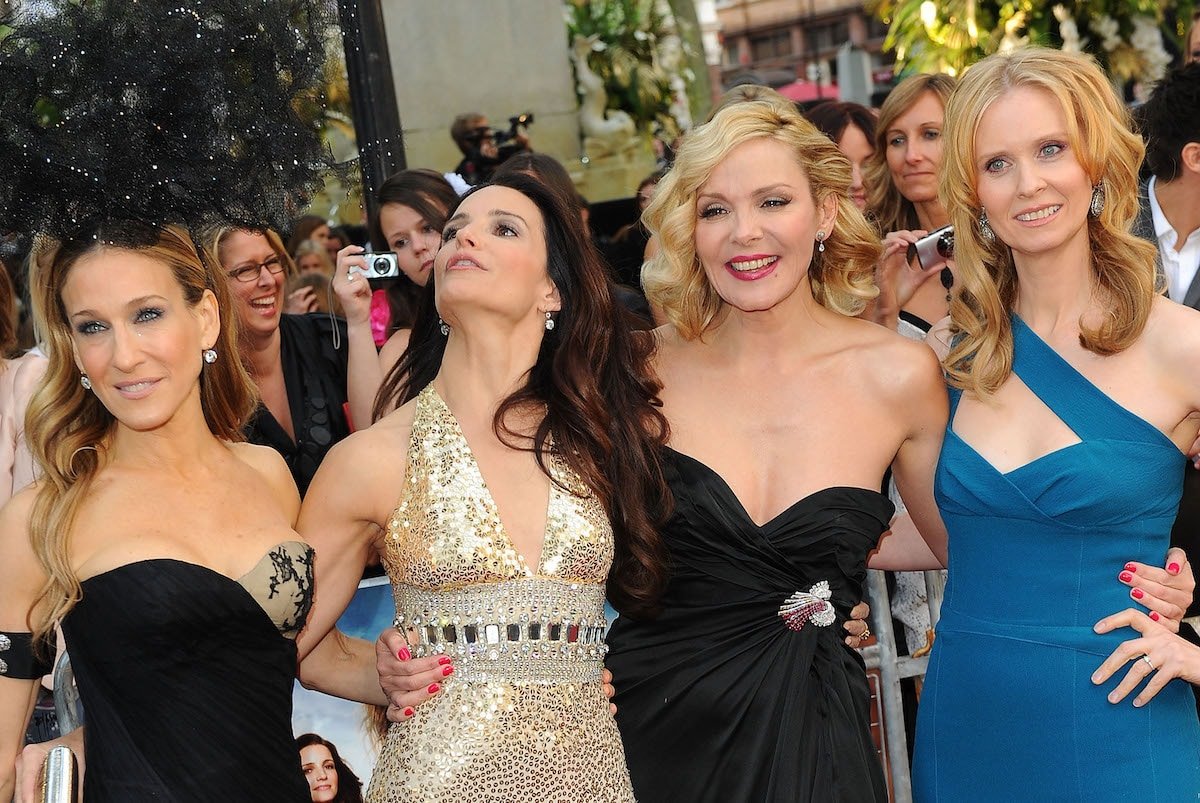Kim Cattrall returns to the role of Samantha Jones for the second season of the sequel to the iconic 90s series: a character who really fought for gender equality
The news “fell from the sky” with the result of a bombshell: in the second season of “And just like that“, the sequel to the iconic “Sex and the city“, she will be there too, Samantha Jones. The new season debuted in Italy on June 23 on Sky and broadcast on NOW, and the rampant ad starring Kim Cattrallone of his best friends Carrie/Sarah Jessica Parker in the original series, it is present. Not in an actual role or as a permanent presence, it must be said, but only in cameo form, because as is now known, Cattrall did not leave the SATC project painlessly.
The 66-year-old actress, known worldwide for her role as Samantha, has in fact always said that she no longer wants to take on the role again (she last played it in the second “Sex and the City”), in part because she now considers herself ” exhausted’ and partly due to some friction with the other cast members, Parker first and foremost. However, at the production’s insistence, he gave in to the request to return to the role of the successful, emancipated and unhinged advertising executive: the scene was shot on March 22 recently in New York, alone, and Variety reports she was seen having a phone call from London with Carrie, an attempt to reconcile after the certified fracture in the first season of “And Just Like That.”
A few minutes, to say the least, but more than enough to excite fans of the series, at least the original. Because Samantha, for the generation that grew up on SATC, is perhaps the character that best represented what thousands of women were looking for: successful professionalunfazed by the passage of time, completely comfortable with her body and her own sexuality and unintimidated by the male gender, determined to fight prejudices and stereotypes about relationships and love.
A woman ready to challenge taboos and conventions, independent financially and emotionally, confident and fueled by personality and a keen sense of humor. She is the one, in the original series, who gives the most specific advice to Carrie, Miranda and Charlotte, who fights like a tiger to protect them from emotionally unavailable men, who promotes a lifestyle of independence, who starts a relationship with a younger man (who will fall madly in love with her, going so far as to ask her to marry him) and beat cancer. And she’s always the one showing off the determination necessary to achieve prominence in his field and trying to break the glass ceiling.
“I love you, but I love myself more,” is just one of Samantha’s iconic lines in the series, directed at Smith, the man she finally admits she’s in love with. It’s still:
A man gets angry in a meeting and is smart. A woman does and is emotional
A line Samantha says when Richard, a hotelier, refuses to hire her because she is a woman, an expression of a stereotype highlighted by feminist activists for years and a concept she finds concrete in the fact that at least until recently years, only a percentage of an infinitesimal number of women covered management positions in companies. Similarly, Samantha repeatedly called her other three friends support their reasonsat work as well as in relationships, inviting them to talk about themselves and what they want instead of delegating it to others.
And if it is true that it was often lawyer Miranda to be considered a feminist iconas a career woman who is not at all reluctant to talk about herself, the less stereotypical and freer character – and not just sexually – has always been Samantha’s: alongside the ambition of her work, she has added a long list of much more equal to those of friends, who intertwine even with a woman, he never gave up his social life and always remained away from the stereotype of the errant woman, presenting herself more as an empowered woman who isn’t afraid to ask (and demand, if necessary) what she wants in a relationship. In short, she was the one who worked the most in the six seasons of the series promoting gender equality on all levels, from the work to the social, going through the emotional, always managing to appear reliable.

